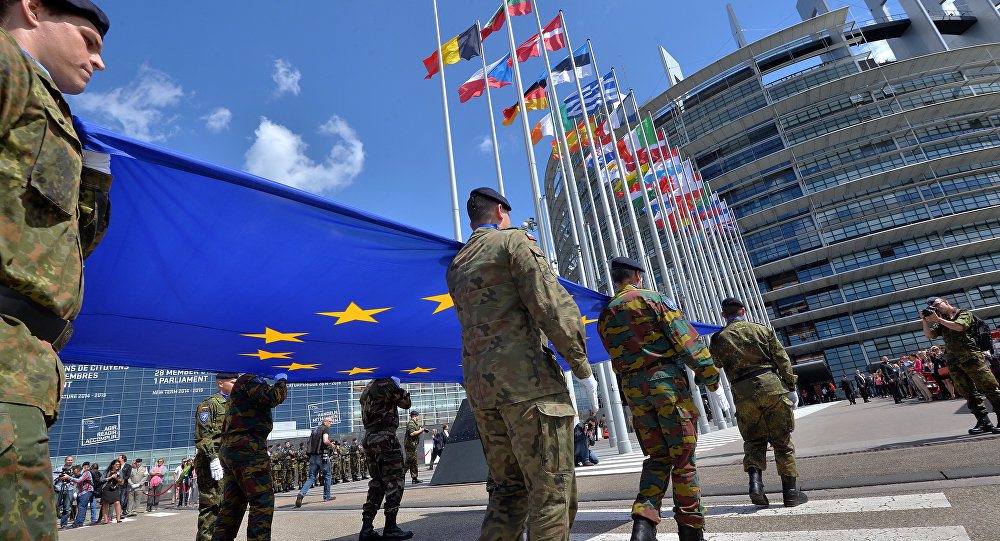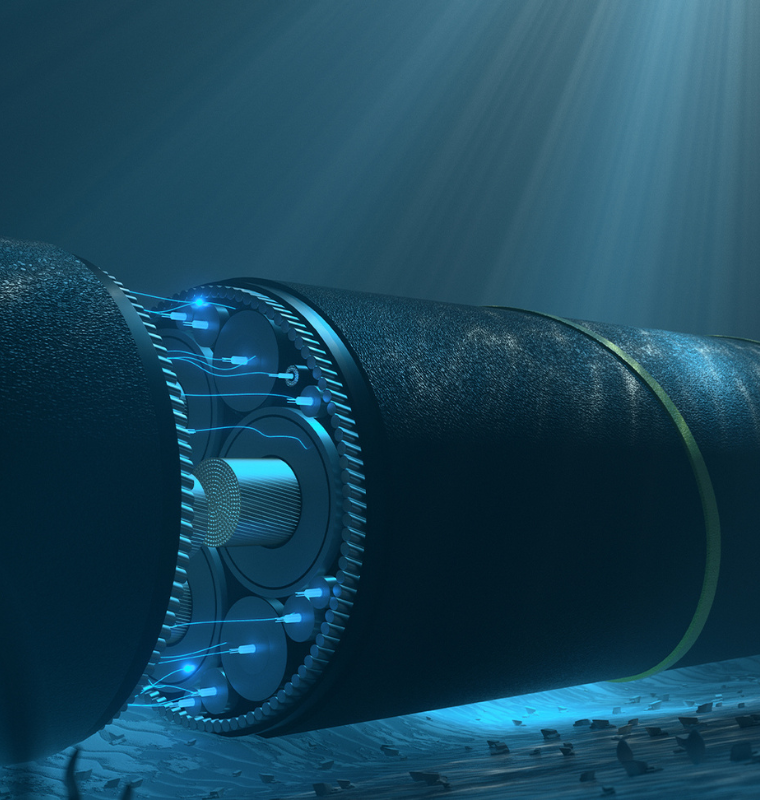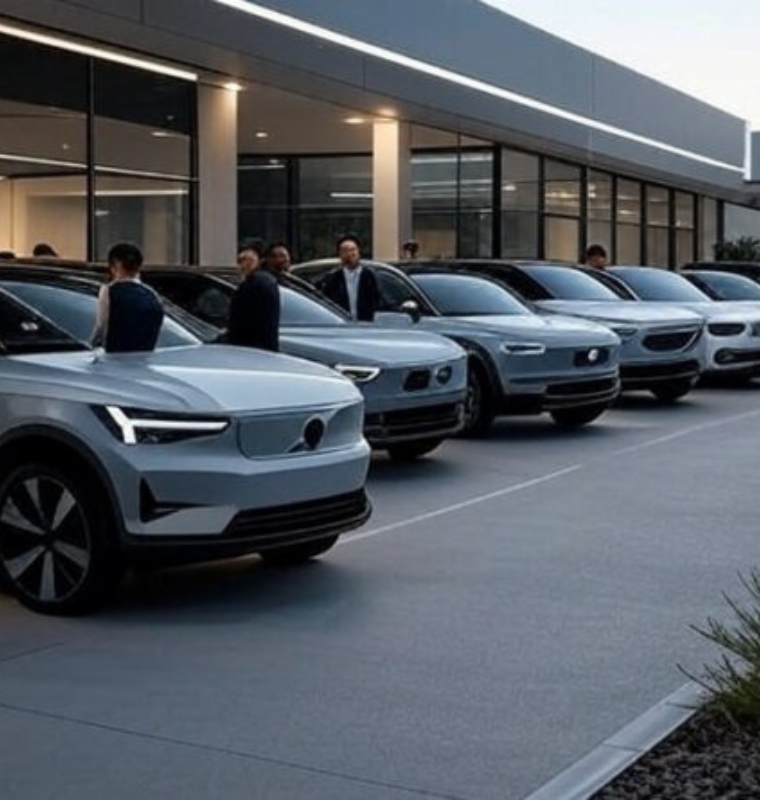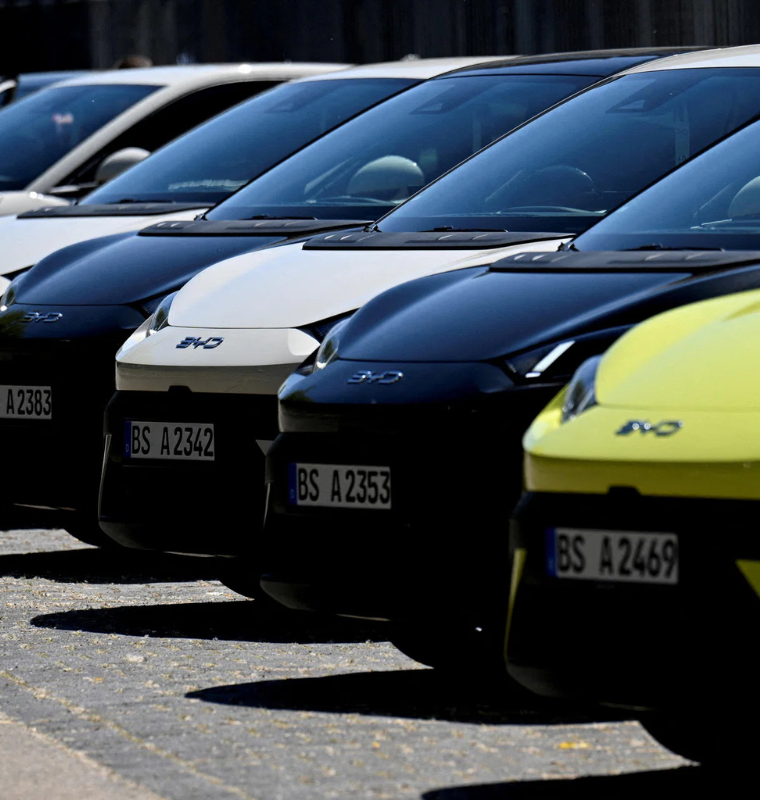European Firms Shift Focus as EU Boosts Military Spending
European Firms Shift Focus as EU Boosts Military Spending
By
Rachel Steinberg
Last updated:
July 18, 2025
First Published:
July 18, 2025

Photo: The Defense Post
A New Arms Race? European Businesses Pivot Toward Defense Sector
As geopolitical tensions rise and the European Union prepares for a major defense spending spree, a growing number of European companies are repositioning themselves to tap into the lucrative military sector.
In interviews with CNBC, several businesses — from aerospace and engineering firms to tech innovators — detailed how they’re retooling their operations and product lines to align with the region’s expanding security priorities.
The New European Defense Boom
In response to the ongoing war in Ukraine, heightened concerns about cyber threats, and mounting pressure from NATO allies, the European Union has announced an unprecedented increase in collective defense spending. The EU is expected to inject over €100 billion ($109 billion) into its security and defense budgets over the next several years.
NATO members, too, are stepping up. According to data from NATO’s latest annual report, 23 out of 32 alliance members are on track to meet or exceed the 2% of GDP defense spending target in 2025 — a sharp increase from just 9 members in 2014.
This flood of funding is expected to reshape Europe's defense ecosystem, unlocking new business opportunities across the continent.
Corporates Pivot: From Tech to Tanks
Companies across industries — not traditionally associated with defense — are now seeking contracts and partnerships within the sector.
- Airbus, a major player in aviation, is expanding its military aircraft and satellite capabilities, including secure communication systems and surveillance tech tailored for European military clients.
- Thales Group, a French multinational, has ramped up R&D for cybersecurity solutions, drone defense systems, and AI-powered threat detection platforms.
- Smaller firms are also finding a foothold. For instance, Germany-based Rheinmetall, which traditionally focused on automotive components, has grown its defense unit substantially, now supplying ammunition, armored vehicles, and battlefield communication systems.
- Even startups are entering the arena, with AI-driven surveillance and data analytics firms reporting increased demand from European ministries of defense and intelligence agencies.
Government Backing and Incentives
To fuel this transition, the European Commission is rolling out new funding programs and procurement frameworks, aimed at simplifying access to defense contracts for EU-based companies.
The recently proposed European Defence Industrial Strategy (EDIS) is set to streamline cross-border collaboration and accelerate joint defense procurement, reducing the EU’s historical reliance on non-European suppliers, particularly from the U.S.
The European Defence Fund (EDF) has already earmarked €8 billion for 2021–2027, designed to co-finance R&D and support joint industrial projects.
Investor Outlook: Bullish on Defense
With heightened government spending, European defense stocks have surged in the last 18 months. Companies like Rheinmetall, Leonardo, and BAE Systems have seen share prices climb between 30% and 75% since early 2023, outperforming broader European indices.
Analysts at Goldman Sachs and Barclays have issued bullish forecasts for the sector, citing long-term tailwinds from defense modernization, geopolitical instability, and sustained government investment.
But with rising interest also comes scrutiny — particularly around transparency, ethical concerns, and export controls. Some NGOs have raised alarms about an arms production boom that may outpace accountability frameworks.
Final Thoughts: Europe’s Strategic Shift
The European defense landscape is undergoing a dramatic transformation, and businesses are moving quickly to keep pace. With billions in funding, strategic government support, and evolving threats across both physical and digital battlegrounds, the region is positioning itself for a new era of security-driven innovation.
For companies with the flexibility and vision to adapt, the next decade could bring not only growth — but also a defining role in Europe’s defense and security future.
Popular articles
Subscribe to unlock premium content
Kylie Jenner’s $420M Beauty Empire Unravels: Inside the Stunning Fall of a Social Media Mogul

Britain’s Economic Decline: From Global Powerhouse to Financial Strain

Trapped by Perfection: How AI Beauty Filters Are Rewiring Our Faces—and Our Minds

Kylie Jenner’s $420M Beauty Empire Unravels: Inside the Stunning Fall of a Social Media Mogul

Britain’s Economic Decline: From Global Powerhouse to Financial Strain

Kylie Jenner’s $420M Beauty Empire Unravels: Inside the Stunning Fall of a Social Media Mogul









